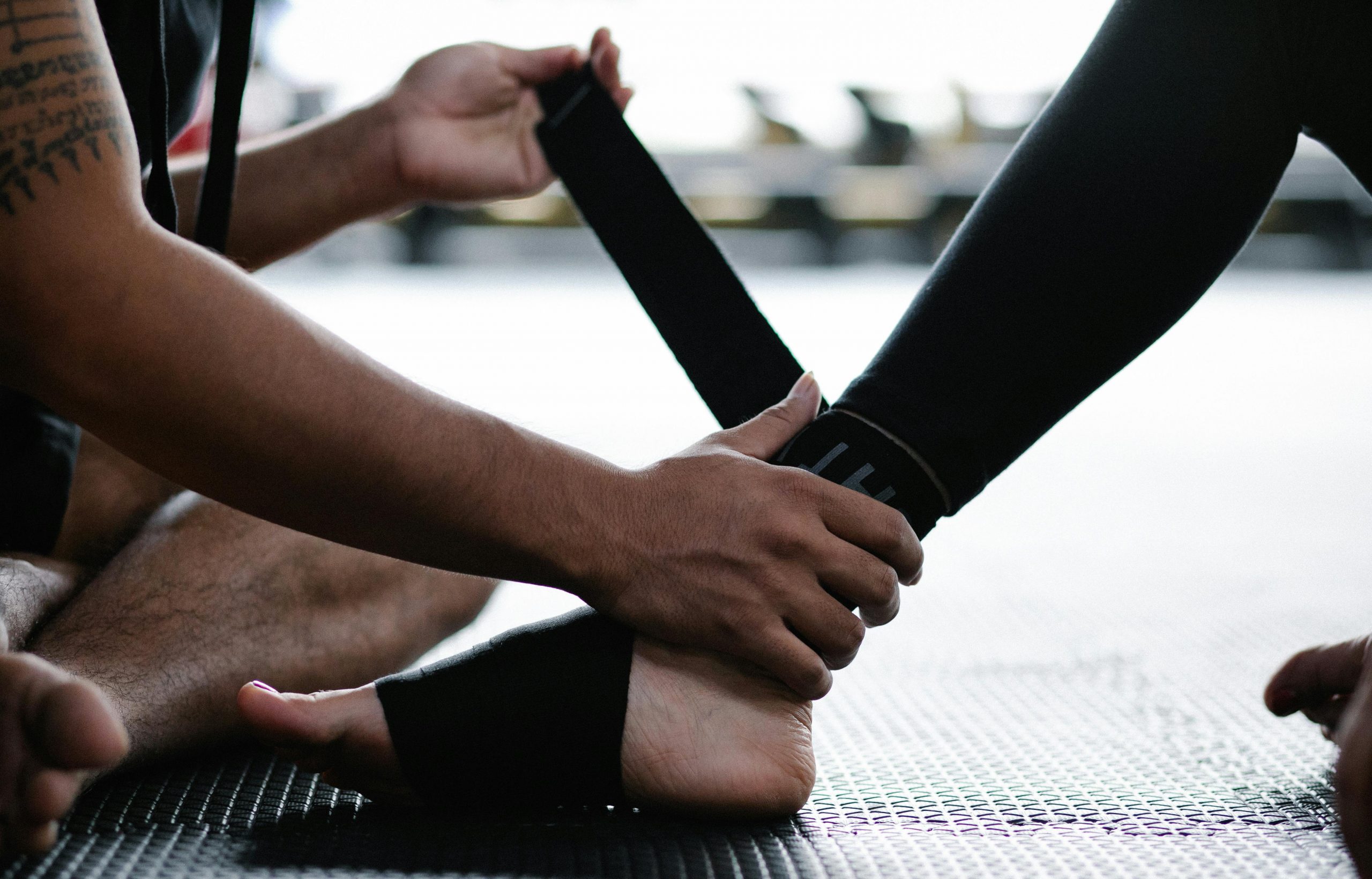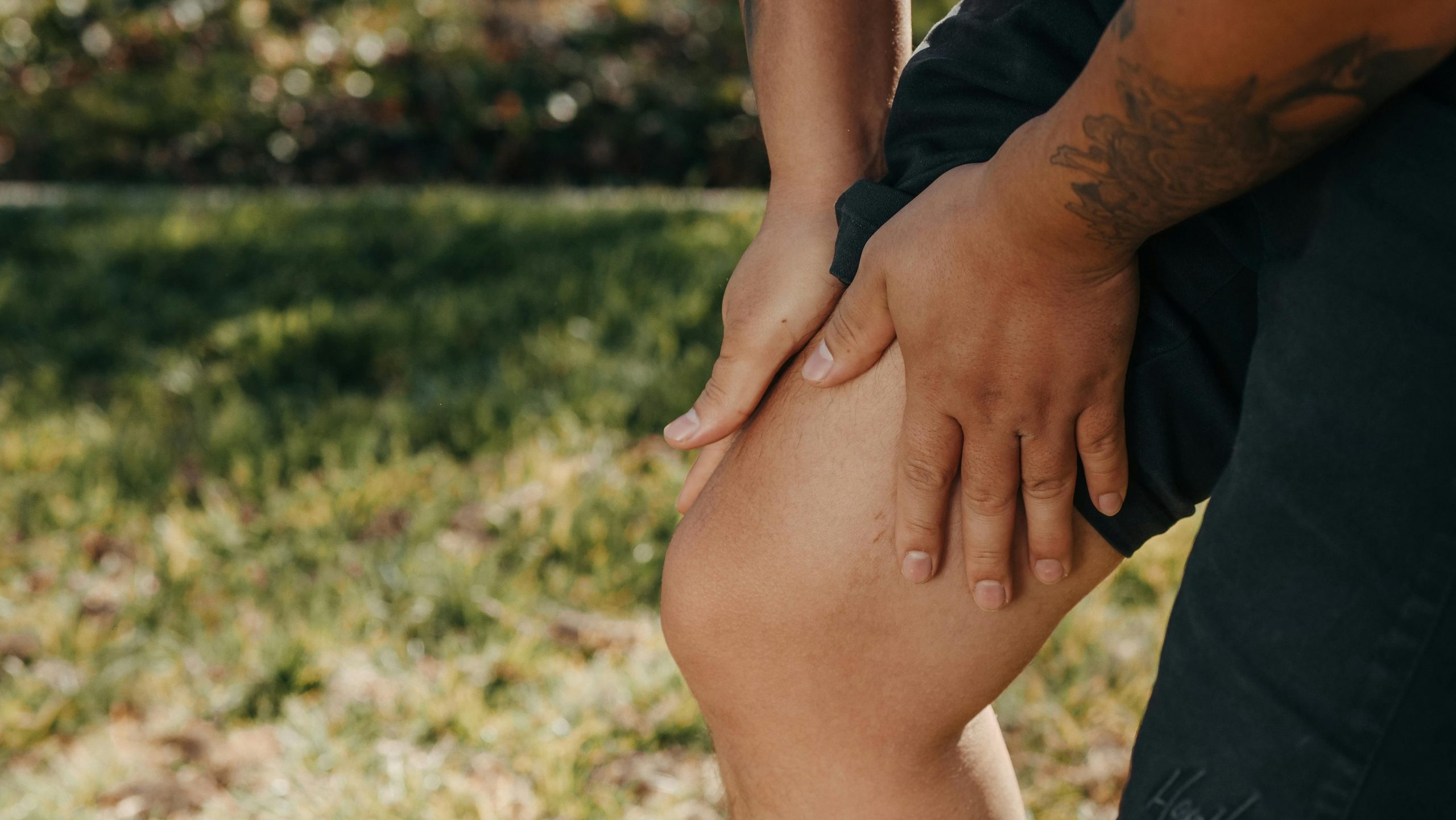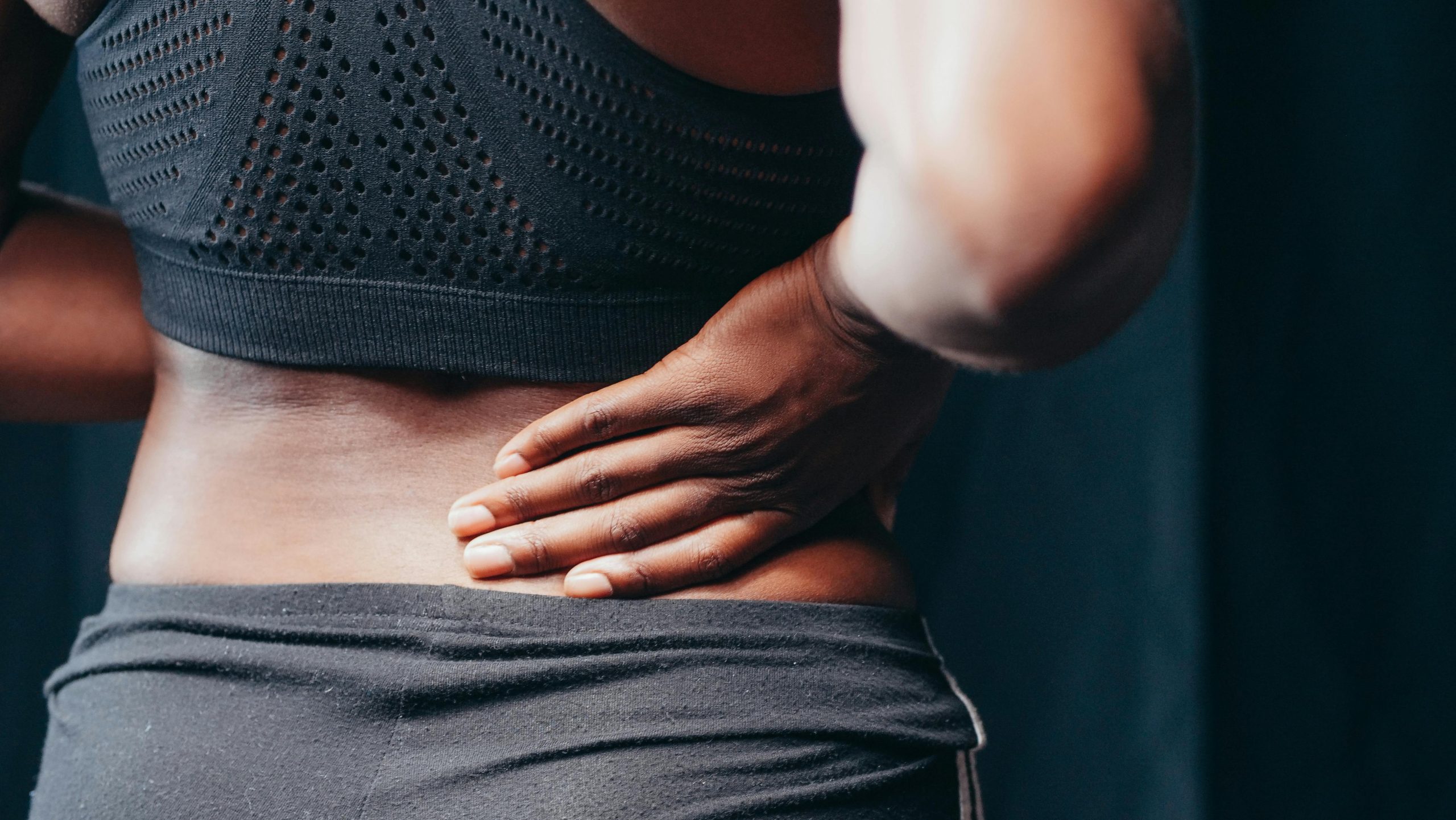For busy parents on the go, there are few things more frustrating than suffering an injury that derails your ability to juggle home, work, and family responsibilities. Whether it’s a nagging overuse injury or a more severe acute trauma, sports injuries can quickly bring your parenting tasks, household chores, and own fitness levels to a grinding halt.
Whether you’re a new mum or have school-age kids, with the right approach, it is possible to recover more efficiently and get back to your active self without asking for too much help from friends, relatives, or neighbours.
Seek professional medical guidance
The first and most crucial step in recovering from a sports injury is seeking professional medical guidance. Whether you’ve suffered an injury as a result of running after toddlers, dancing, walking or even commuting to work, attempting to self-diagnose or self-treat an injury can be risky and potentially lead to further complications.
Be sure to consult with a trained physician, orthopaedic specialist or sports medicine doctor as soon as possible after sustaining your injury. This is particularly important if you suffered an injury for which you need to claim compensation, as you’ll need evidence that you’ve been diagnosed by a GP or medical specialist.
Medical professionals will be able to evaluate the nature and severity of your injury via examinations, imaging tests (such as X-rays or MRI scans) and other diagnostic methods. With an accurate diagnosis, they’ll develop a tailored treatment plan that addresses the specific needs of the injury.
Allow sufficient rest and recovery time
While the desire to bounce back quickly from an injury is understandable so you’re back on parenting duties, resist the temptation to rush the recovery process. If you can, enjoy putting your feet up while you can as failing to allow sufficient rest and recovery time might prolong the healing process and also increase your risk of re-injury.
The body has an innate ability to heal itself, but it requires plenty of time and the right conditions to do so. Depending on the nature and severity of your injury, recovery timelines can vary greatly, ranging from a few weeks to several months or even longer in some cases. During this period, remember to follow the guidelines and recommendations provided by your doctor – pushing too hard, too soon, can disrupt the healing process and potentially undo any progress you’ve made so far.
Rebuild strength and flexibility
As your recovery progresses and your injury begins to heal, you can start to shift your focus towards rebuilding strength and flexibility in the affected area. This is an important phase that’s essential for regaining full function, reducing the risk of re-injury and preparing the body for the usual demands that parenting combined with your usual sports or hobbies bring.
Following an injury, the rehabilitation process often begins with low-intensity exercises which help to promote blood flow and mobilise the tissues gently. As the area heals, the intensity and complexity of your exercises can be increased with certain movements or a specific workout at the right location, leisure club, or gym class.
Flexibility and mobility work, like stretching and foam rolling, are also key components on your road to recovery. These techniques help restore a full range of motion and reduce the risk of scar tissue from forming to improve the overall joint function. If you can make time in your week, it’s important to follow the prescribed exercise outlined by a GP or physio to avoid overexerting or pushing too hard too soon. Progressing at a steady pace is the key to avoiding setbacks and ensuring a successful return to your previous fit self.
 Build mental resilience and patience
Build mental resilience and patience
The recovery process from a sports injury is definitely a physical battle but it’s also a mental one especially if you’re looking after little ones at the same time. Dealing with the frustration, setbacks and emotional challenges that often accompany an injury can be just as demanding as the rehabilitation. Try and maintain a positive mindset and stay the course throughout your recovery journey.
It’s natural to experience a range of emotions, from anger and disappointment to even depression, when faced with an injury that derails your day-to-day life. For many mums and dads, working out is a way to deal with stress and the normal challenges that come from being a parent. Being limited in what you can do, does and certainly will take its toll. But it’s important to acknowledge and process these feelings in a healthy manner, rather than allowing them to become overwhelming or counterproductive.
Seek support from your friends, family and parents you know at nursery or school. You might prefer to speak with a sports psychologist to ensure you have a valuable outlet for expressing emotions and finding coping strategies. Additionally, setting realistic and achievable goals throughout the recovery process can help maintain motivation and a sense of progress, even during challenging times.
Recovering from a sports injury can be a frustrating experience for busy parents, but with the right approach, learn to navigate the process to quickly resume family life. From taking it slow to staying positive and making sure you’re not neglecting your fitness, self
-care, or mindset, hopefully, the tips provided here can help you stay on track for a speedy recovery.




